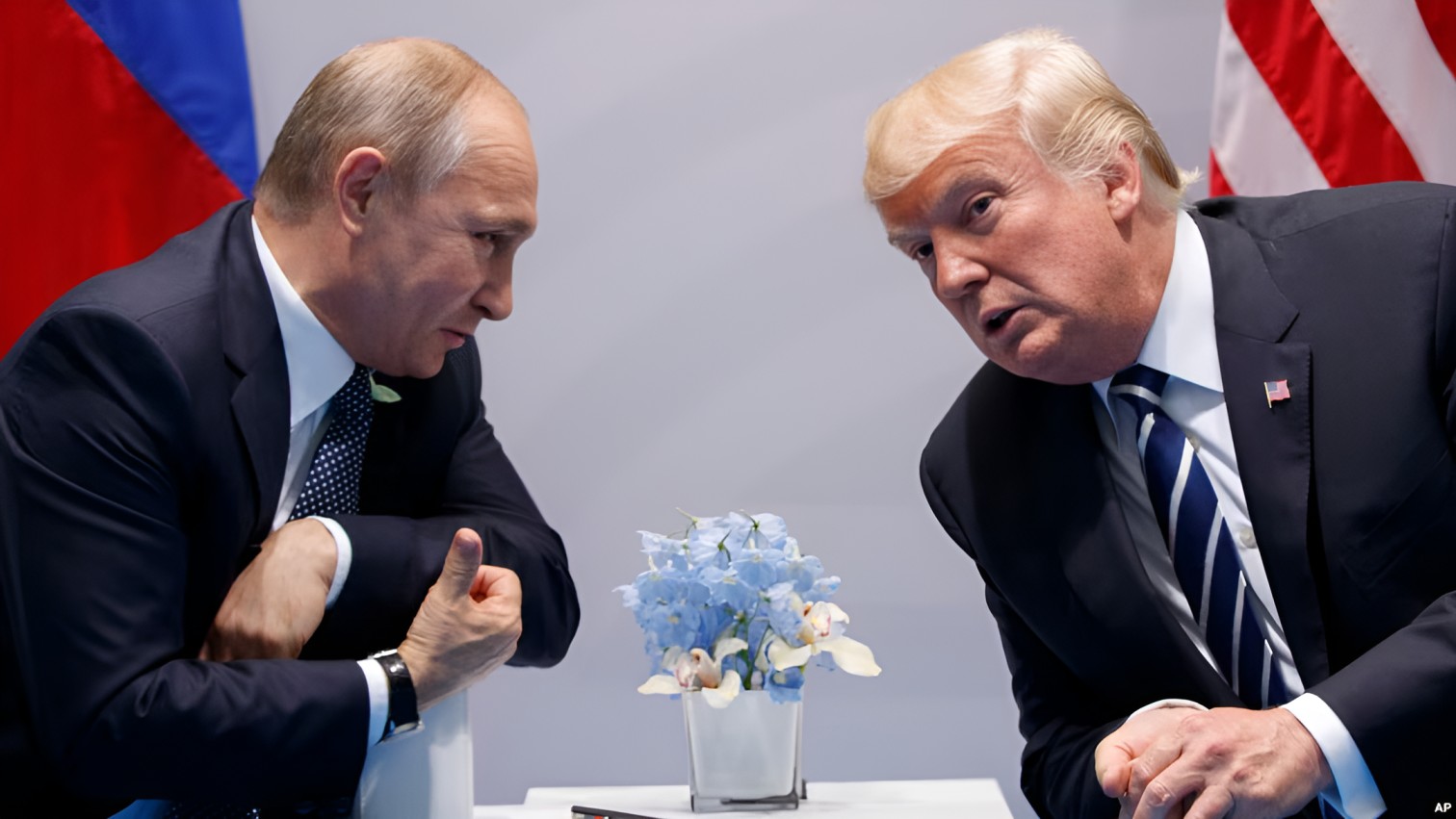Trump gives Russia 12 days to accept Ukraine ceasefire

Despite this, the chances of securing a ceasefire within 12 days appear slim. Russia has been intensifying its military offensive in eastern Ukraine, while simultaneously launching waves of drone and missile attacks on Ukrainian cities.
US President Donald Trump has sharply shortened the timeline for Russia to agree to a ceasefire in Ukraine, giving Moscow just "ten or 12 days" from Monday to end the war, warning that time for diplomacy is quickly running out.
Trump made the remarks during a news conference in Scotland, days after meeting UK Prime Minister Keir Starmer. He criticised the lack of progress towards peace and said there was no reason to keep waiting for movement.
“We were going to have a ceasefire and maybe peace... and all of a sudden you have missiles flying into Kyiv and other places,” Trump said, expressing frustration over continued Russian attacks on Ukrainian cities.
The new ultimatum comes barely two weeks after Trump had given Russian President Vladimir Putin 50 days to halt the war or face heavy economic penalties.
He reiterated the threat on Monday, vowing to impose secondary tariffs on any country that continues to trade with Russia. Earlier this month, Trump had said such penalties would amount to a 100% tax, effectively pricing Russian-linked goods out of global markets and discouraging businesses from engaging with Moscow.
“I say, forget it. I'm not gonna talk anymore. This has happened on too many occasions and I don't like it,” Trump stated, adding that although he and Putin “always got along very well,” he was no longer interested in holding further discussions.
Trump's deadline was yet to be formally confirmed, but he indicated that would happen by Monday or Tuesday. In the meantime, his remarks have already grabbed attention across global media and stirred reaction in Moscow.
Russian officials appeared unimpressed by the new timeline. MP Andrey Gurulyov dismissed Trump’s statements, saying, “Trump’s ultimatums didn’t work anymore... not on the front line, not in Moscow,” and insisted that Russia stood firm with its “weapons, principles and will.”
The Kremlin has yet to respond officially to the shortened deadline. When the original 50-day ultimatum was issued, Kremlin spokesperson Dmitry Peskov had called it “very serious” but said it required further analysis.
From the Ukrainian side, there was a more receptive tone. Andriy Yermak, head of President Volodymyr Zelensky’s office, previously welcomed Trump’s firm approach, describing it as a “clear message of peace through strength” and adding that Putin “respects only power.”
Despite this, the chances of securing a ceasefire within 12 days appear slim. Russia has been intensifying its military offensive in eastern Ukraine, while simultaneously launching waves of drone and missile attacks on Ukrainian cities.
Past ceasefire efforts have yielded little success. Talks held in Turkey resulted in prisoner exchanges but failed to deliver a path to peace. The most recent round of negotiations reportedly lasted less than an hour, with Peskov stating that a “breakthrough” was “hardly possible.”
The war, which has now lasted over three and a half years, shows no sign of ending soon. Russia’s demands — which include Ukraine becoming neutral, cutting back its military forces, and abandoning plans to join NATO — remain non-starters for Kyiv and its Western allies.
As Trump raises the pressure on Moscow, attention now shifts to whether Russia will respond before the new deadline — and whether any meaningful progress towards ending the war can be made in such a short window.
